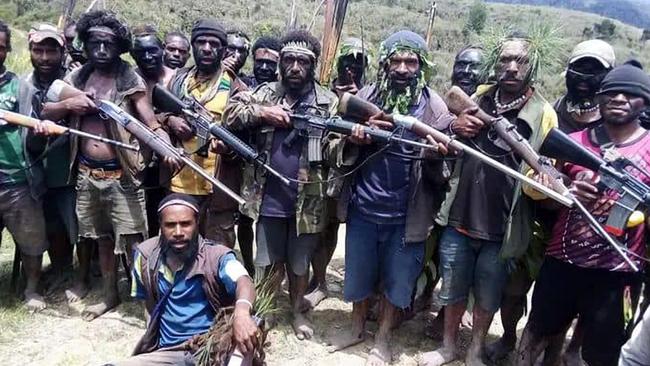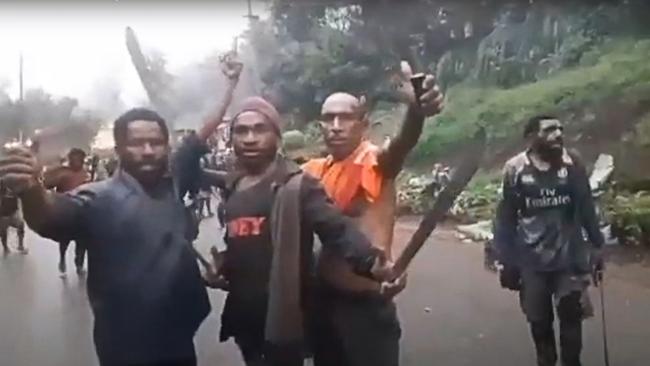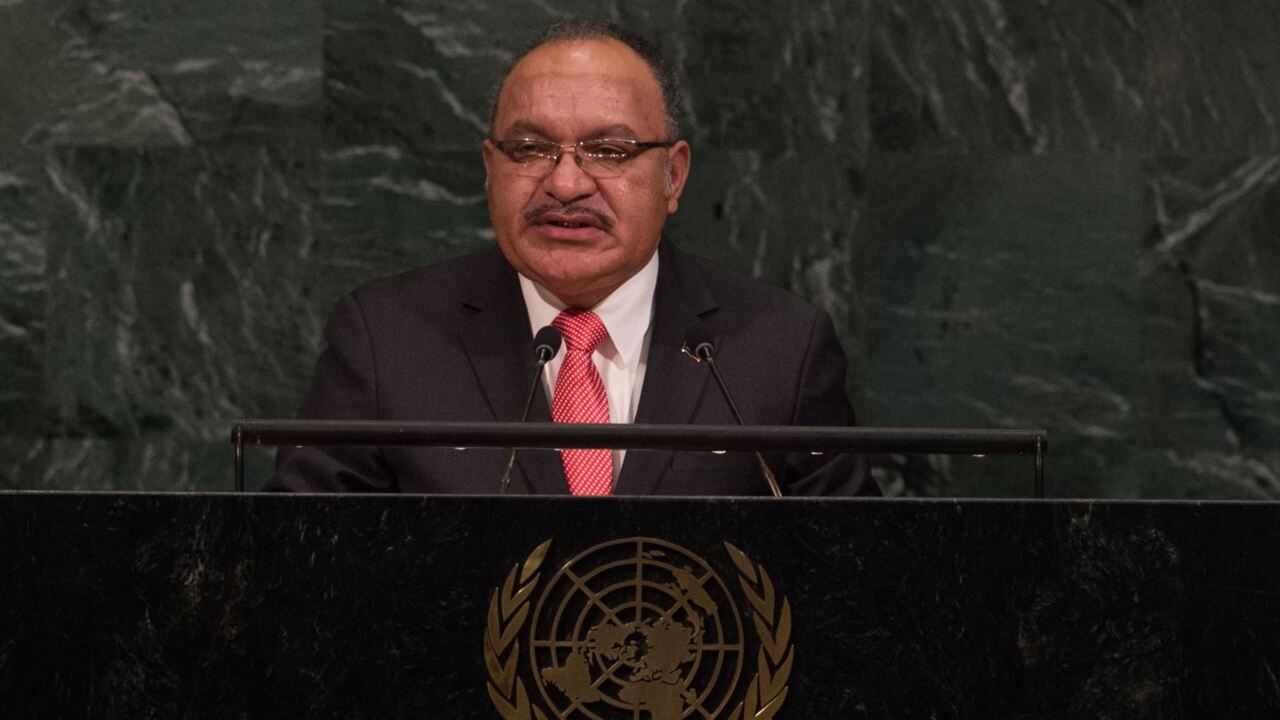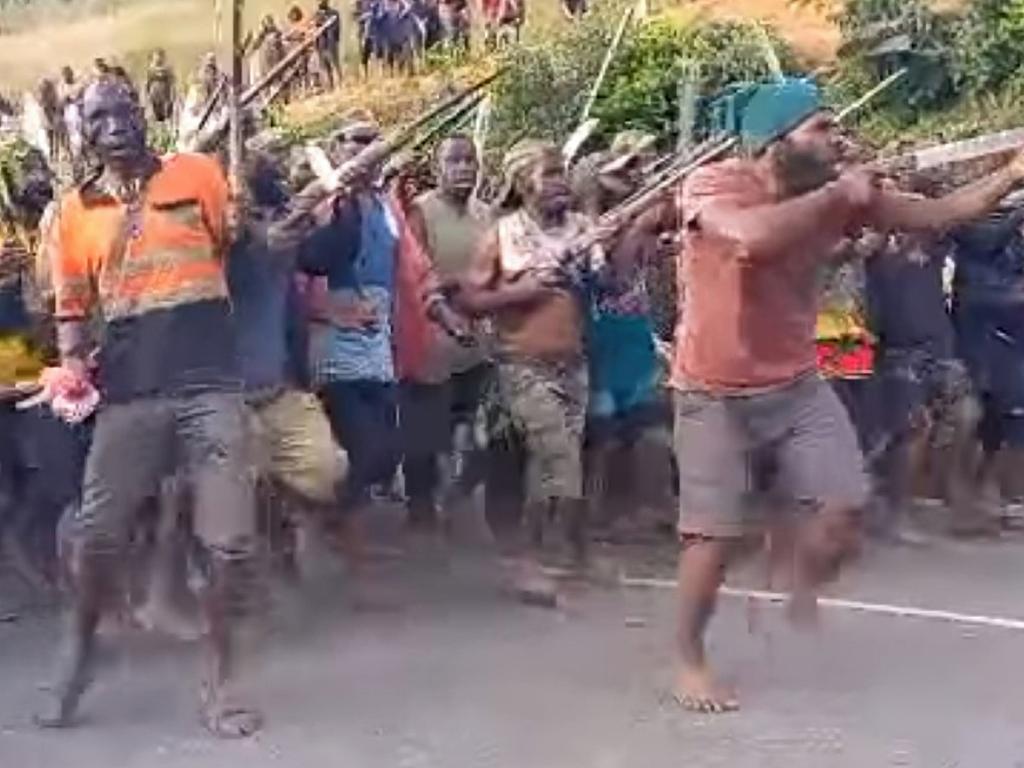AFP ‘needs immunities and guns’ to serve in remote PNG, union says
The federal police union has warned its members will need legal immunities and should be allowed to carry guns if required to serve in PNG provinces rocked by deadly tribal violence.

The federal police union says its members will need legal immunities and should be allowed to carry guns if they are required to serve in Papua New Guinean provinces rocked by deadly tribal violence.
The warning comes amid a stalemate between Australia and PNG over a bilateral security treaty, which has stalled amid legal concerns and fears for the safety of Australian officers.
Senior PNG government figures want AFP officers to work in advisory roles in remote provinces such as Enga, where an estimated 150 people have been killed this year in tribal wars fought with automatic weapons.

The proposal is under consideration as part of a hoped-for bilateral security treaty that would cover military, law and order, cybersecurity, and border protection co-operation.
AFP officers currently in PNG have no immunity from prosecution such as that afforded to diplomats, after a 2005 Supreme Court ruling found such immunities were unconstitutional.
Australian Federal Police Association president Alex Caruana said legislative reform in PNG and an “in-depth risk assessment” were needed before AFP officers could work in the provinces, where they would be far from help if something went wrong.
“The AFPA holds concerns regarding members’ safety (in relation to) issues around immunities and potentially working unarmed in potentially dangerous territory,” he said. “Based on the information we have at the moment, it is the AFPA’s preference that AFP appointees being potentially deployed to the PNG provinces have their entire suite of accoutrements available and (be) given specific legislated immunities.”

The Australian reported a call this week by Enga governor Peter Ipatas for Australian police to be deployed to the province to prevent more violence, and to help PNG police “develop the right culture to be a policeman or woman”.
“I have said many times that we do not have the capacity to fix this,” Sir Peter said. “We need the government to ask the Australian government to give us some manpower so the policemen and women in Australia can contribute to a contingent that would be sent to PNG to work alongside our policemen and women.”
Sir Peter is close to PNG Prime Minister James Marape, who is under pressure from other provincial governors seeking Australian support to stamp out rampant law and order problems.
Mr Marape, who may face a possible vote of no confidence in February, is wary of domestic criticism the proposed PNG-Australia bilateral security treaty is a threat to his country’s sovereignty.

On Friday, PNG Opposition Leader Joseph Lelang initiated legal action in the Supreme Court seeking a ruling on the constitutionality of a recent defence co-operation agreement with the US.
He said he wanted to ensure “PNG’s sovereignty is not unnecessarily compromised”.
The agreement sparked a political backlash when it was unveiled in May. Former PNG prime minister Peter O’Neill said had placed PNG “at the epicentre” of a future US-China conflict.
Mr Marape must stamp out violence in Enga for the reopening of the province’s Porgera goldmine, which once earned 10 per cent of PNG’s export income.
This week, he announced a new joint force of heavily armed police and soldiers would be deployed to combat “domestic terrorism” in the province.






To join the conversation, please log in. Don't have an account? Register
Join the conversation, you are commenting as Logout